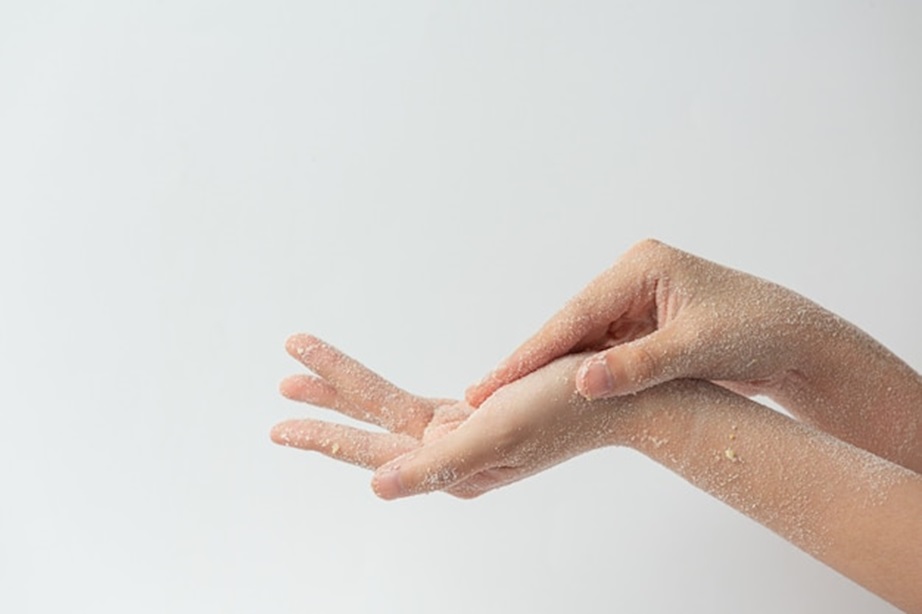When it comes to taking care of your body, there are a lot of different opinions on the best way to do it. One question that often arises is whether you should use a body scrub before or after body wash. Some people believe that using a scrub before washing helps remove dirt and oil better, while others think that using a scrub after washing is more effective in removing all the soap and grime. So, which is the right way to do it?
When should you use a body scrub?
The simple and straight answer is after body wash. Washing your body with a cleanser or soap will help to loosen and remove dirt, sweat, and oil from the surface of your skin. You can find the best body wash for your skin type to help target specific concerns. Once you’ve removed most of the dirt and oil, it’s time to focus on your dead skin cells.
A body scrub usually contains exfoliating ingredients like salt, sugar, coffee grounds, or beads that help to slough away dead skin cells. Not only does this leave your skin feeling softer and smoother, but it can also help to prevent ingrown hairs and improve the overall appearance of your skin.
How often should you use a body scrub?
It would help if you generally used a body scrub 1-2 times per week. This will help ensure that your skin gets the exfoliation it needs without being too harsh. But it is important to avoid sensitive areas like your face, lips, and nipples when using a body scrub. These areas are more delicate and can be easily irritated by the exfoliating ingredients.
And always remember to moisturize after exfoliating to help nourish and protect your skin. You can even buy body lotion online to find the perfect one for your needs. This is especially important in the winter when the skin becomes dry and cracked.
Conclusion
There you have it! Now you know that you should use a body scrub after body wash and how often you should do it. Be sure to follow these tips to help keep your skin looking and feeling its best. And if in doubt, always consult with a dermatologist or skincare specialist. They can offer tailored advice based on your skin type and needs.

